Summer Grant Application Cycle Now Open
We've moved from an annual grant cycle to quarterly cycles. The summer window is now open, with a September 26 deadline. The full 2025 timeline, guidelines, and application process can be found from the button below. A list of current grantees can be found here.



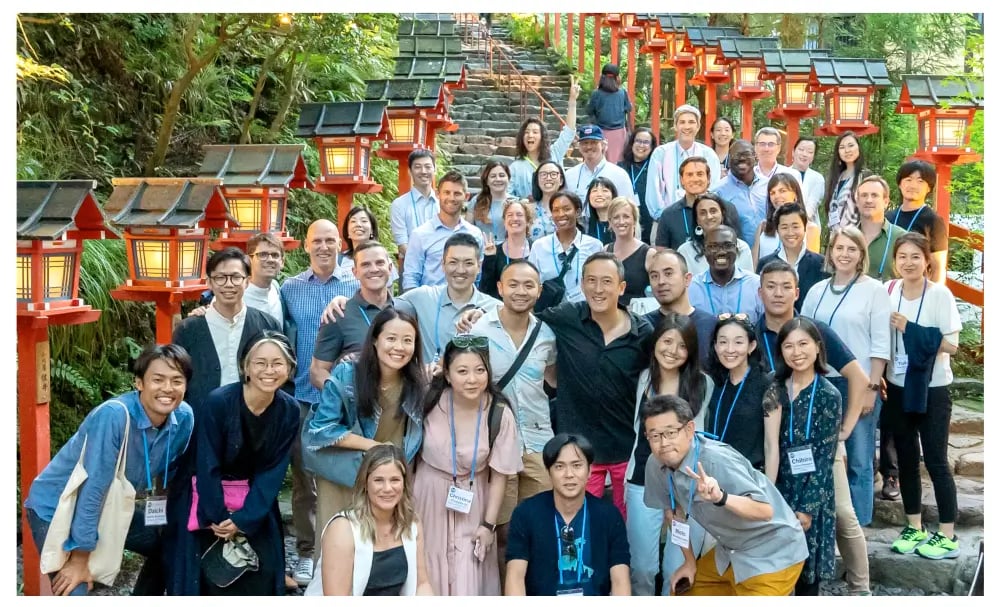
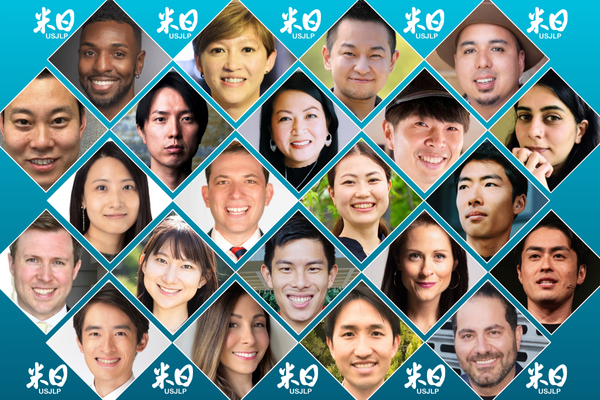
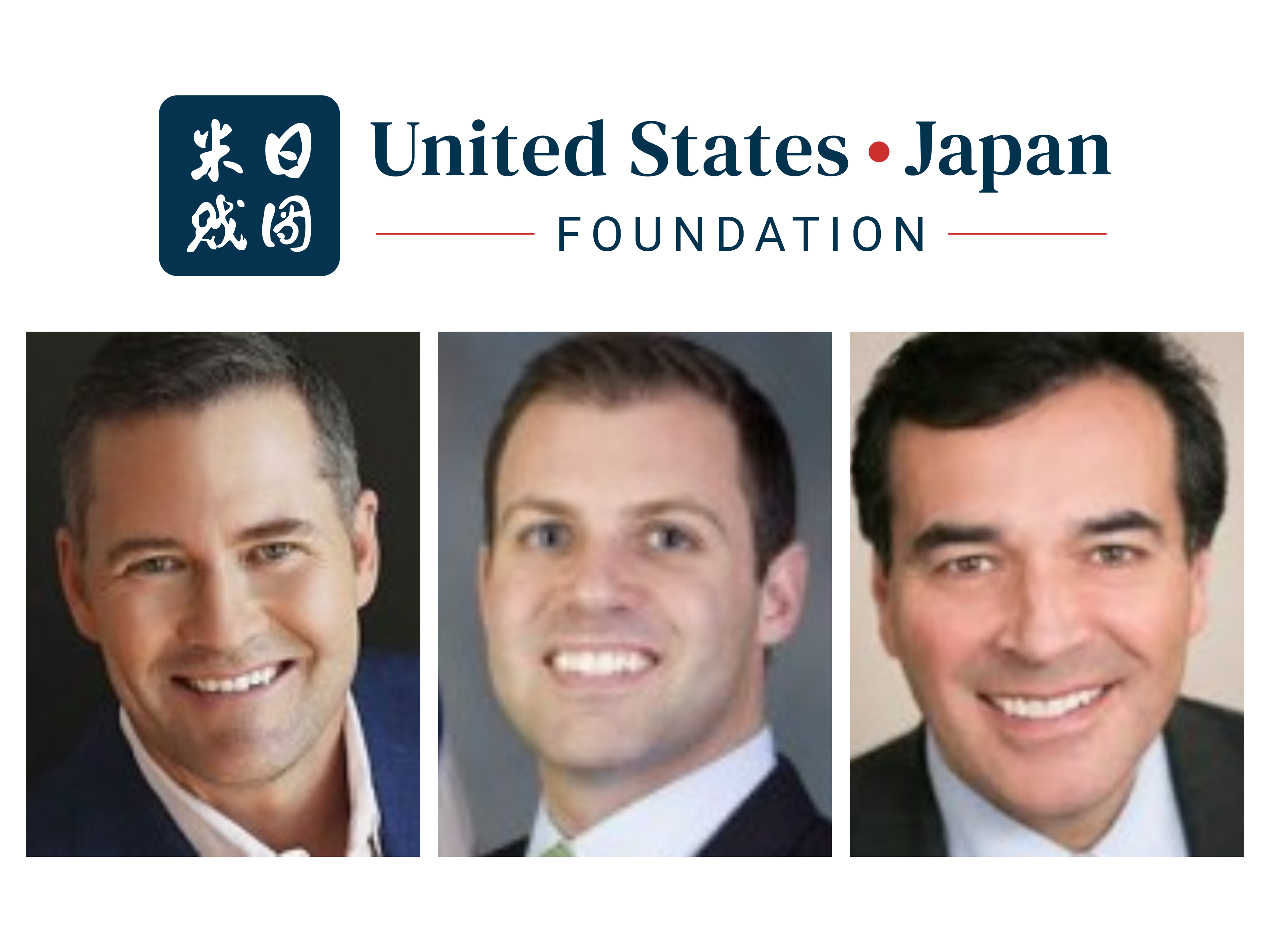

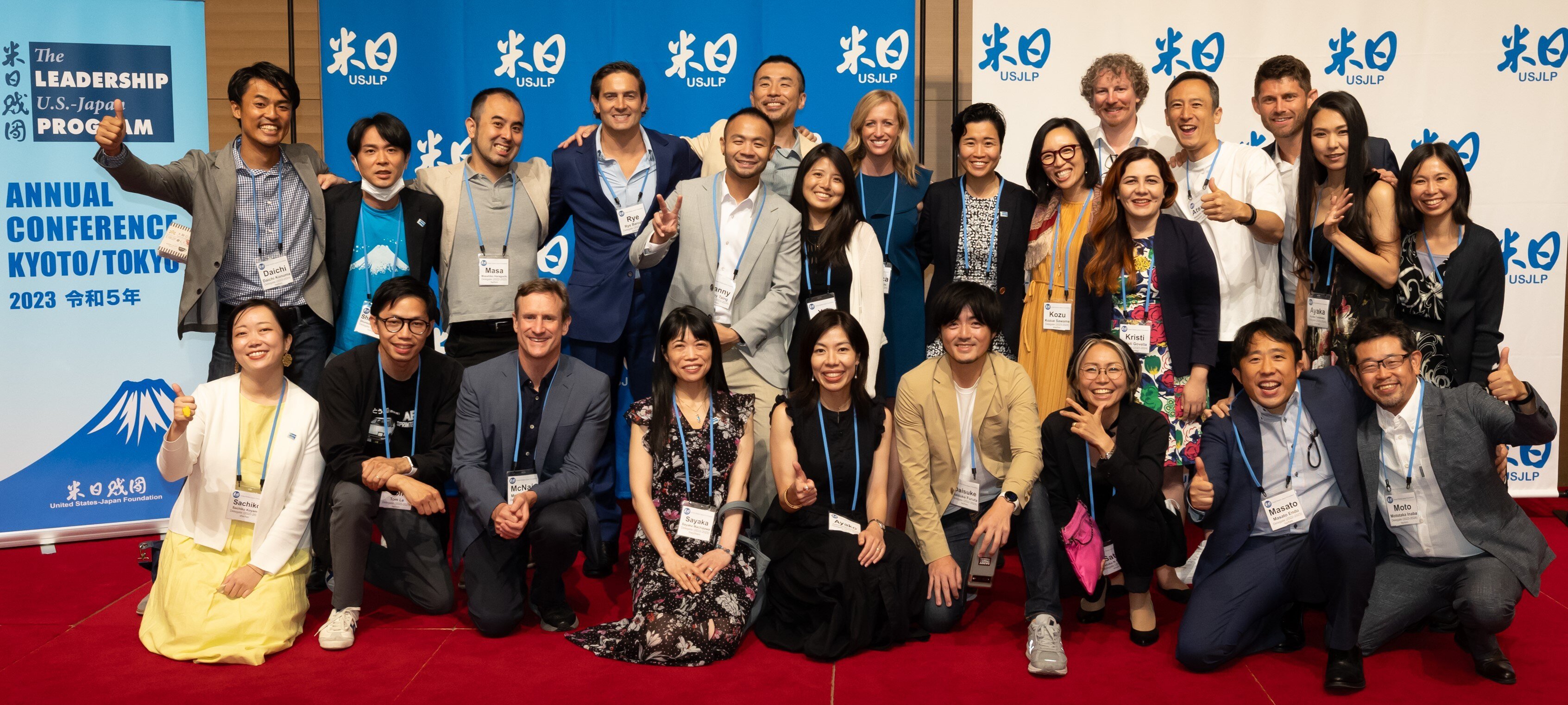
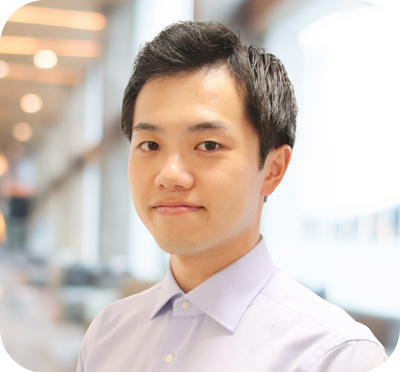
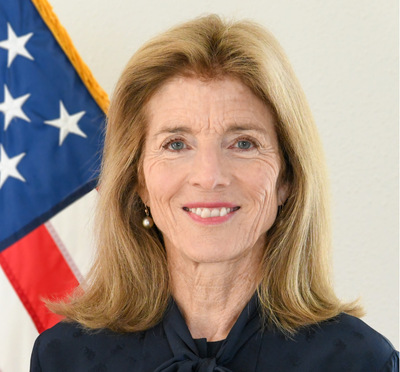

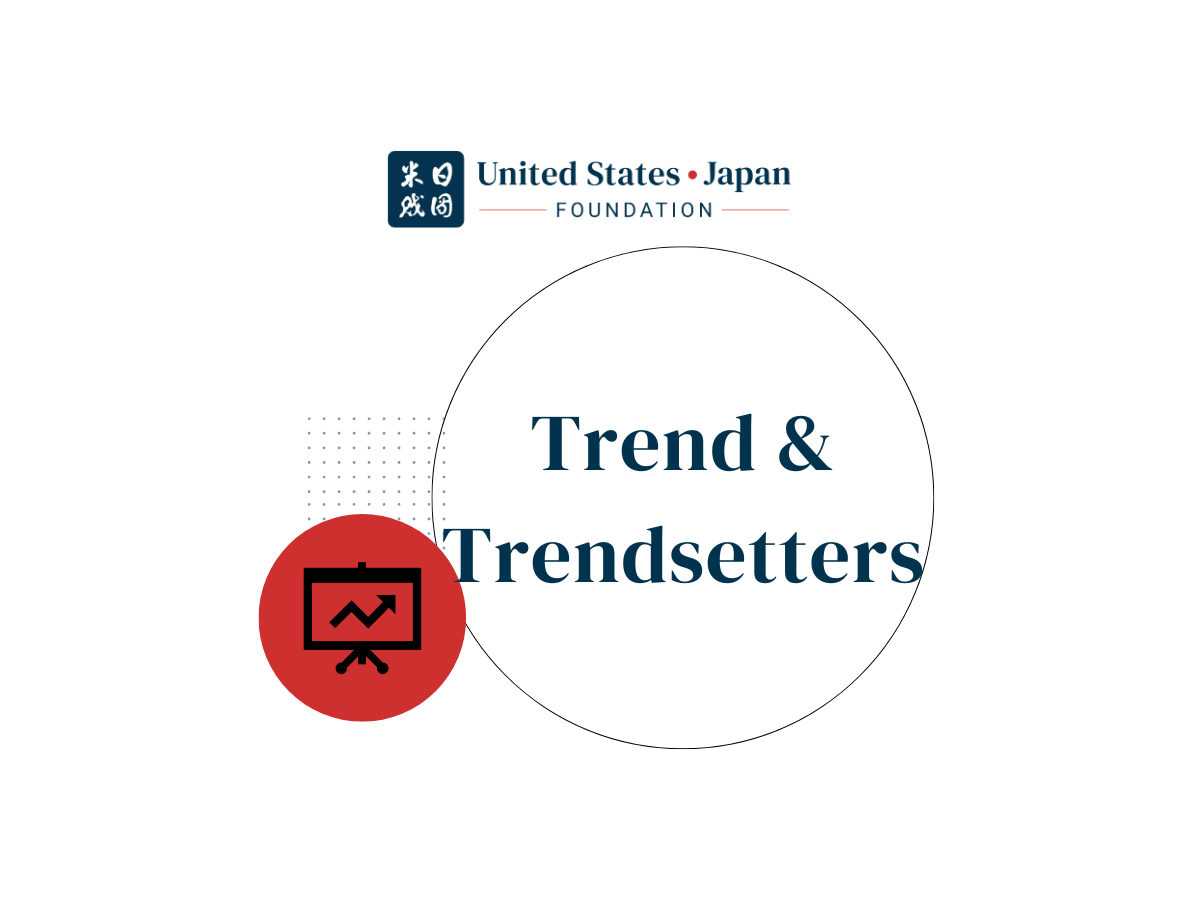


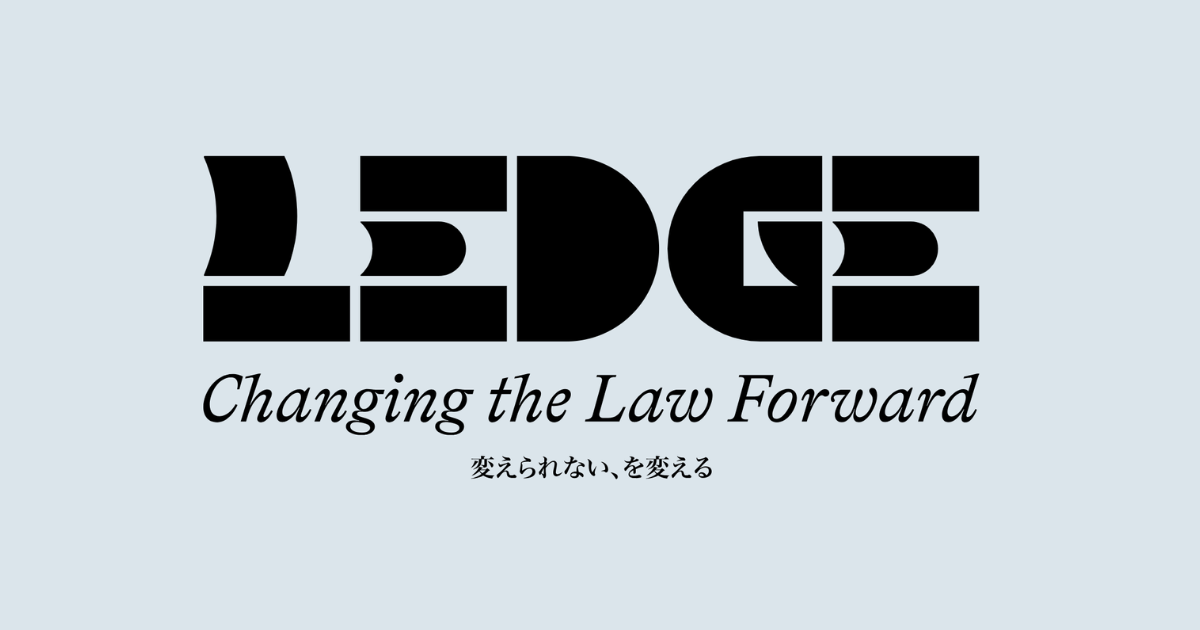
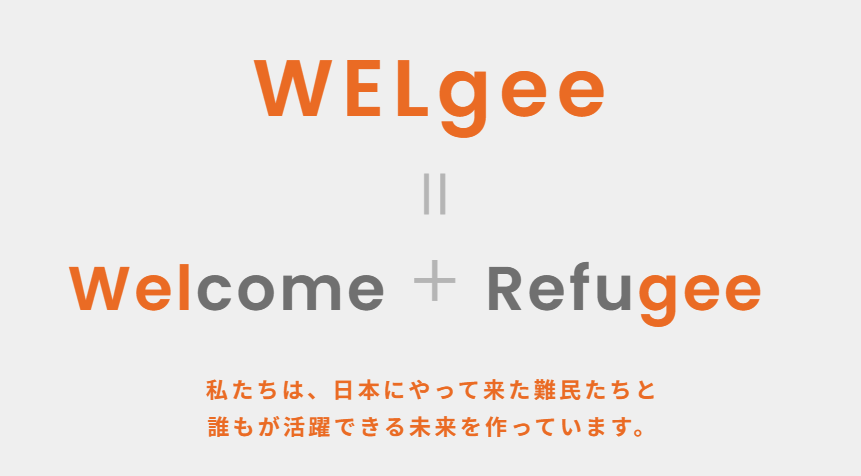

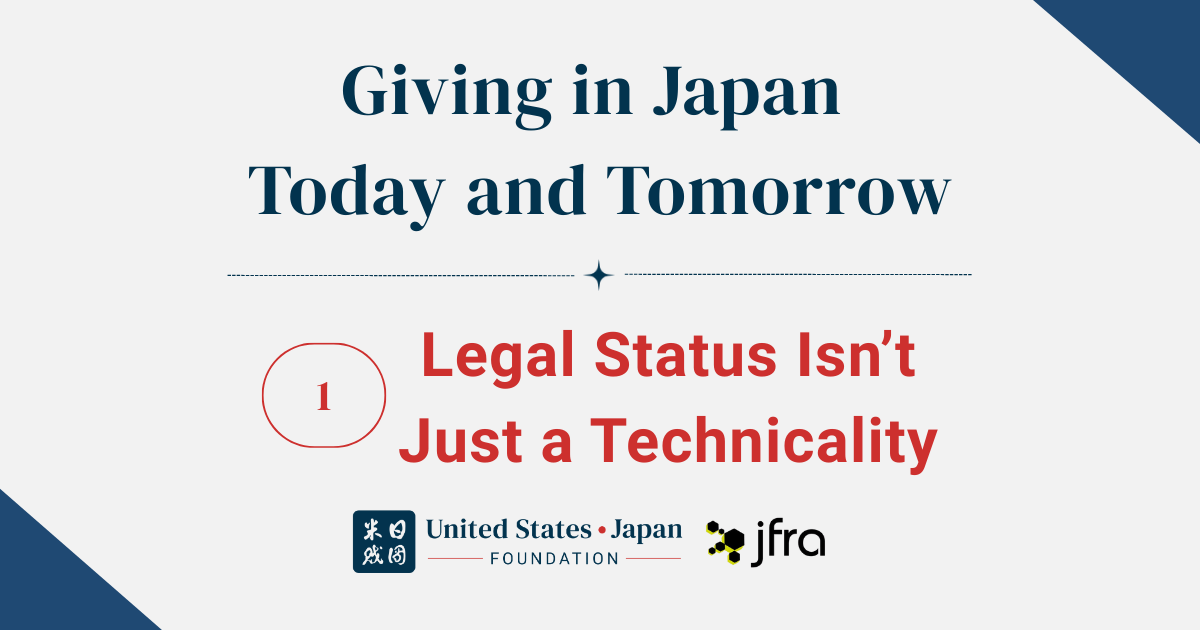

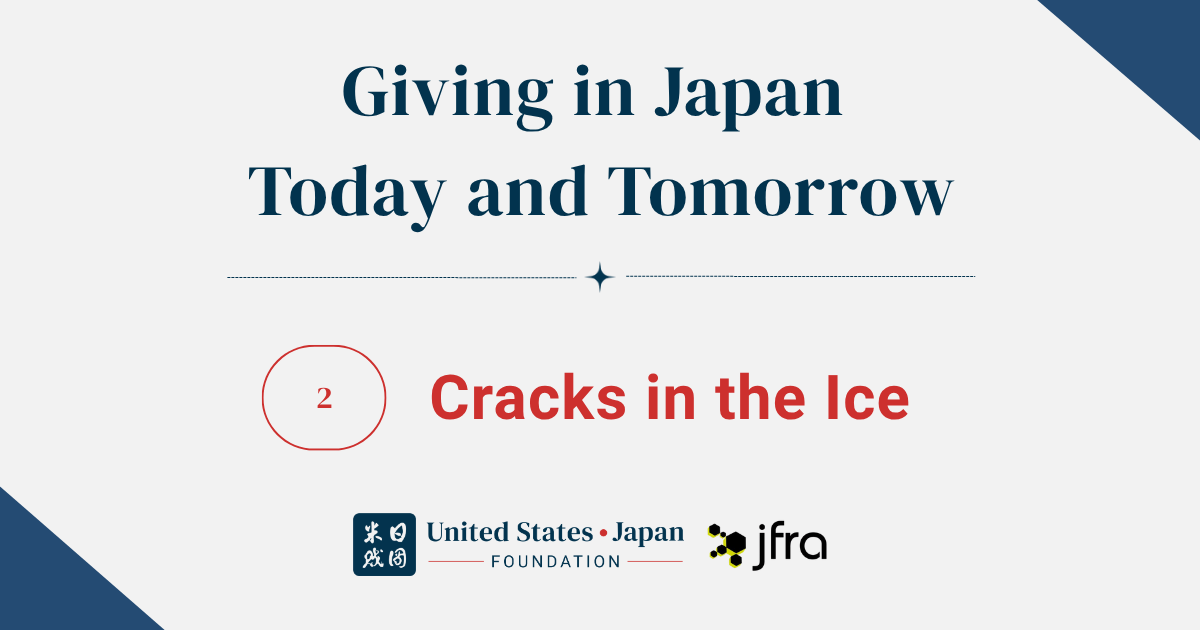













/Acosta%2c%20Stephanie.png?width=400&height=372&name=Acosta%2c%20Stephanie.png)
/Amano%2c%20Tomomichi.png?width=400&height=372&name=Amano%2c%20Tomomichi.png)
/Baba%2c%20Yumi.png?width=400&height=372&name=Baba%2c%20Yumi.png)
/Bazzell-Smith%2c%20Kofi.png?width=400&height=372&name=Bazzell-Smith%2c%20Kofi.png)
/Blachly%2c%20Rebecca.png?width=400&height=372&name=Blachly%2c%20Rebecca.png)
/Cavell%2c%20David.png?width=400&height=372&name=Cavell%2c%20David.png)
/Chock%2c%20Justin.png?width=400&height=372&name=Chock%2c%20Justin.png)
/Dutta-Gupta%2c%20Indivar.png?width=400&height=372&name=Dutta-Gupta%2c%20Indivar.png)
/Farrar%2c%20Laura.png?width=400&height=372&name=Farrar%2c%20Laura.png)
/Fisher%2c%20Jordan.png?width=400&height=372&name=Fisher%2c%20Jordan.png)
/Foreman%2c%20Henry%20Jake.png?width=400&height=372&name=Foreman%2c%20Henry%20Jake.png)
/Fujiyama%2c%20Cosmo.png?width=400&height=372&name=Fujiyama%2c%20Cosmo.png)
/Grunden%2c%20Hunter.png?width=400&height=372&name=Grunden%2c%20Hunter.png)
/Haidar%2c%20Mark.png?width=400&height=372&name=Haidar%2c%20Mark.png)
/Koga%2c%20Hiroki.png?width=400&height=372&name=Koga%2c%20Hiroki.png)
/Konishi%2c%20Keii.png?width=400&height=372&name=Konishi%2c%20Keii.png)
/Koulabdara%2c%20Sera.png?width=400&height=372&name=Koulabdara%2c%20Sera.png)
/Maktoufi%2c%20Reyhaneh.png?width=400&height=372&name=Maktoufi%2c%20Reyhaneh.png)
/Meguro%2c%20Maiko.png?width=400&height=372&name=Meguro%2c%20Maiko.png)
/Mizoue%2c%20Yuka.png?width=400&height=372&name=Mizoue%2c%20Yuka.png)
/Nagao%20Nakase%2c%20Haruka.png?width=400&height=372&name=Nagao%20Nakase%2c%20Haruka.png)
/Nagasaka%2c%20Shingo.png?width=400&height=372&name=Nagasaka%2c%20Shingo.png)
/Nanami%2c%20Toru.png?width=400&height=372&name=Nanami%2c%20Toru.png)
/Niho%2c%20Tomonori.png?width=400&height=372&name=Niho%2c%20Tomonori.png)
/Nirody%2c%20Roshni.png?width=400&height=372&name=Nirody%2c%20Roshni.png)
/Oshiba%2c%20Kojin.png?width=400&height=372&name=Oshiba%2c%20Kojin.png)
/Ri%2c%20Reirui.png?width=400&height=372&name=Ri%2c%20Reirui.png)
/Ritter-Soronen%2c%20Chelsea.png?width=400&height=372&name=Ritter-Soronen%2c%20Chelsea.png)
/Sasaki%2c%20Ayano.png?width=400&height=372&name=Sasaki%2c%20Ayano.png)
/Sasaki%2c%20Uran.png?width=400&height=372&name=Sasaki%2c%20Uran.png)
/Sayama%2c%20Jackson.png?width=400&height=372&name=Sayama%2c%20Jackson.png)
/Shiraki%2c%20Atsushi.png?width=400&height=372&name=Shiraki%2c%20Atsushi.png)
/Sneider%2c%20Noah.png?width=400&height=372&name=Sneider%2c%20Noah.png)
/Stithem%2c%20Byron.png?width=400&height=372&name=Stithem%2c%20Byron.png)
/Takashima%2c%20Ryosuke.png?width=400&height=372&name=Takashima%2c%20Ryosuke.png)
/Thomspon%2c%20Tiffany.png?width=400&height=372&name=Thomspon%2c%20Tiffany.png)
/Udagawa%2c%20Naoko.png?width=400&height=372&name=Udagawa%2c%20Naoko.png)
/Uldricks%2c%20Nathan.png?width=400&height=372&name=Uldricks%2c%20Nathan.png)
/Vo%2c%20Terry.png?width=400&height=372&name=Vo%2c%20Terry.png)
/Watanabe%2c%20Sayaka.png?width=400&height=372&name=Watanabe%2c%20Sayaka.png)
/Yakushi%2c%20Mika%20-%201st%20Year.png?width=400&height=372&name=Yakushi%2c%20Mika%20-%201st%20Year.png)
/Yamaguchi%2c%20Satoshi%20-%201st%20Year.png?width=400&height=372&name=Yamaguchi%2c%20Satoshi%20-%201st%20Year.png)



